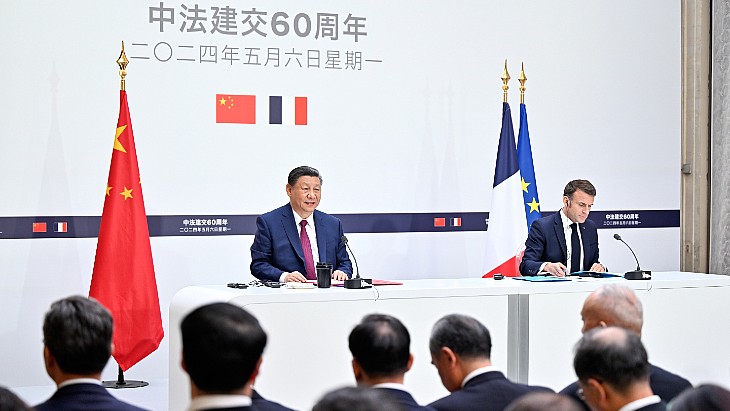Canada, UK finalise post-Brexit nuclear cooperation
.jpg)
The administrative agreement was signed in Ottawa yesterday by CNSC President and CEO Rumina Velshi and ONR Chief Nuclear Inspector Mark Foy.
Canada and the UK signed a new nuclear cooperation agreement (NCA) on 2 November to allow current and future nuclear trade between the two countries to continue following the UK's withdrawal from the European Union and the European Atomic Energy Community (Euratom).
The administrative arrangement outlines the mechanisms used to implement the provisions contained in the new NCA and includes the procedures to be followed by both parties.
Upon the UK's formal withdrawal from the EU and Euratom on 29 March next year, the new Canada-UK NCA and the administrative arrangement will come into effect.
"Canada is proud to continue its long and fruitful collaboration with the United Kingdom for the use of nuclear energy," Velshi said. "This new administrative arrangement reflects our country's strong commitment to nuclear safety, security, and the peaceful uses of nuclear energy."
BEIS said earlier this month that the UK has now concluded all replacement international agreements needed to ensure continuity of civil nuclear trade following its Euratom exit.
The UK itself does not require NCAs to be in place in order for trade in nuclear-related items, BEIS noted. However, NCAs are a requirement for civil nuclear trade in some countries, where there is a domestic legal or policy requirement for an NCA to be in place before such trade with other countries can be permitted. Australia, Canada, Japan, and the USA all require NCAs to be in place to facilitate nuclear-related trade.
The UK has had a bilateral NCA in place with Japan since 1998. The UK and Japan are putting in place arrangements to ensure that this NCA remains operable following the UK's withdrawal from Euratom.









_66488.jpg)


